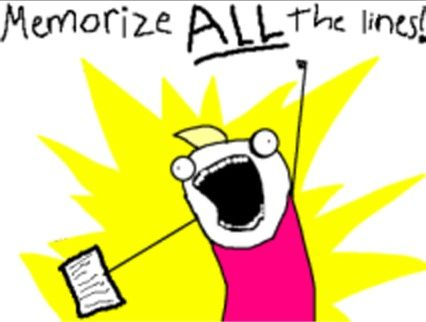
Moving on with the impact of the Quran on our brain, in hindsight, me thinking perhaps it would be ideal to split it into further sections, but a topic so vast, it would only seem neverending!
Moral Reasoning:

The Quran provides a moral framework and guidance for ethical decision-making. Engaging with the Quranic teachings requires individuals to engage in moral reasoning, considering different perspectives, evaluating consequences, and applying principles to real-life situations. This process exercises cognitive abilities such as moral judgment, empathy, and ethical decision-making.

Although there are many possible verses relating to this; treatment of family, neighbours, and strangers. Social conduct, and support to others. A good example of this; is something that has helped people diagnosed with MS I know of, who felt isolated from their community and benefited when they were approached and supported by Msers of similar backgrounds. A reminder in the Quran and of benefit when acted upon. A mindset that is encouraged amongst fellow Muslims but helps build communities as a whole as a guideline for the treatment of others, regardless of colour or belief. A mindset of being there for each other and aiding fellow man in distress
Contextual understanding:
The Quran was revealed over a span of 23 years, and its verses were often revealed in response to specific historical, social, and cultural contexts. Understanding the Quran requires considering the historical background, cultural nuances, and interpretive methods. This contextual understanding engages cognitive skills like historical analysis, cultural sensitivity, and contextual interpretation.

This verse is a very profound one. Linking to a specific event that happened in the life of the prophet Muhammad ( pbuh), which most if not all Muslims would know of, relating to the story of the migration of city’s with lives being under threat. Although not the exact scenario, a person feeling hopeless can attain hope and conviction when coming across such a verse. Again something engaging numerous parts of cognition, history, politics, sociology, and even their emotion with a short few words.

After a period of difficulty and hopelessness in the prophetic life, the above-pictured chapter was revealed. One that I and many find solace in, with almost every aspect mentioned giving encouragement and a feeling of security when any worth may be hard to find.
Integration of knowledge:

The Quran touches upon various subjects, including theology, science, philosophy, and human nature. Engaging with its verses necessitates integrating knowledge from different domains, connecting ideas, and seeking a holistic understanding. This integration of knowledge exercises cognitive processes such as synthesis, conceptualization, and interdisciplinary thinking.

On an extremely cognitive basis, a verse referring to the frontal lobe in the brain as “lying and sinful forehead”, which may seem ambiguous but, the frontal lobe is the very part of the brain responsible for executive functions; planning, actions, and response. Linking to characteristics and actions of people the verse is alluding to. A part of the brain which when damaged due to MS, results in many commonly experienced symptoms in extreme variety.
Cognitive exercise.

Engaging with the Quran as a cognitive exercise requires active involvement, mental effort, and a willingness to explore its depths. By challenging cognitive processes such as language comprehension, memory, critical thinking, moral reasoning, and knowledge integration, the Quran can contribute to cognitive development and intellectual growth.
Other than the impacts on cognition from a pragmatic point of view ( our ability to think and complete things) the recitation of the Quran may have, in the life of a Muslim, it would coincide with any form of worship to understand, remember and get closer to God. Obtaining such an accomplishment that manifests a person to feel almost angelic. A position of comfort and peace regardless of their struggles.

Anecdotally, a respective friend I made who lives in a severe state of MS, keeping up with such practices in their lives at their own will, in a way that would put a monk in a monastery to shame. Their actions are celestial that they feel incomplete without their voluntary religious practices and confidently state ” I know this is a blessing and my lord will not disappoint me when I return to Him”.
In a nutshell, some may benefit from playing an instrument, their profession, teaching or learning but the practice would include the function of numerous cognitive abilities simultaneously and thus, encouraging the brain to work due to the reaction of a range of nerve cells connecting with each other and combating the natural decline of the brain occurring with age.
A topic to which my contribution here would only possibly be an atom worth in the library of literature written about it. I reiterate, I am no example but since my childhood, hearing its recitation being played at breakfast in the morning and fascinated when seeing videos of prayers on the television, I am still like many, only mesmorised by hearing the words of the Quran being recited, the cognitive impacts only possibly being a subject that much can be stated about and I like all, regardless of ability or background can only try our utmost best to engage with, learn about and recite the Quran, or anything that is beneficial for the brain, throughout our lives.
Rain, sun, or in between, I’m sure the weather forecasters would be giving up soon! Till we meet again guys!

































